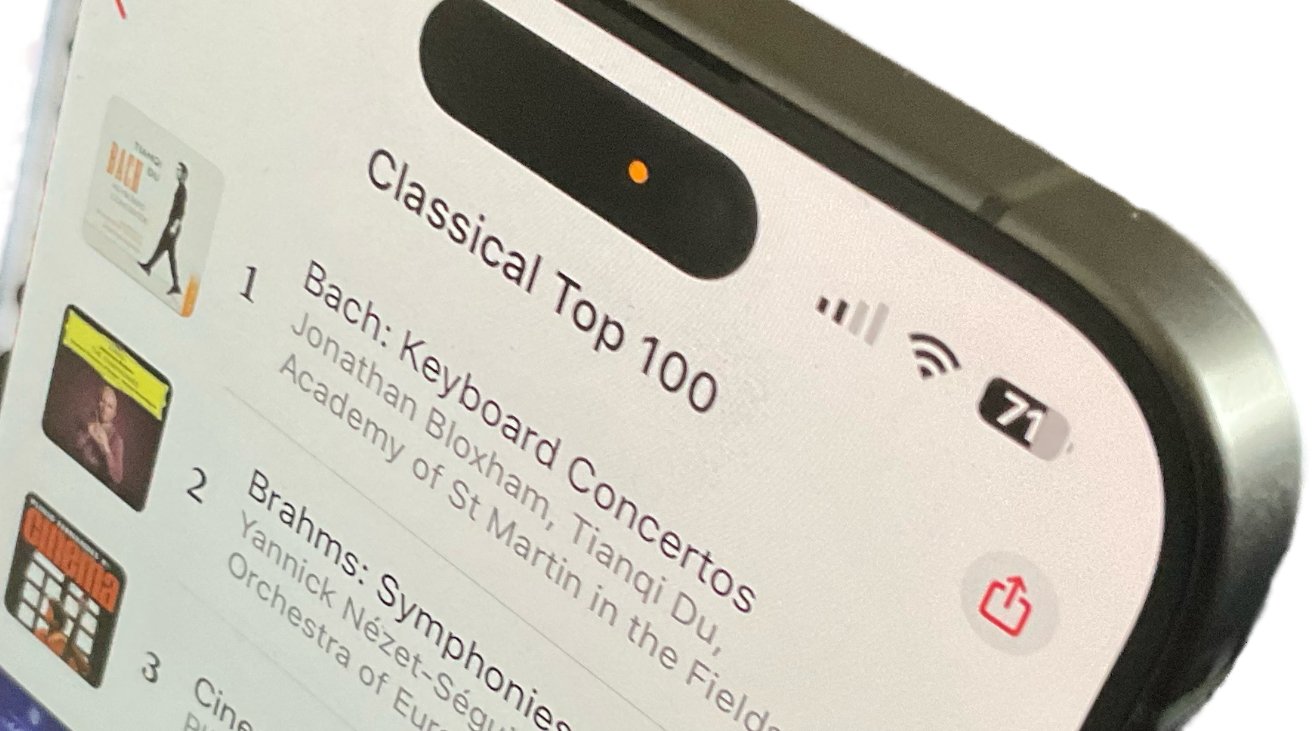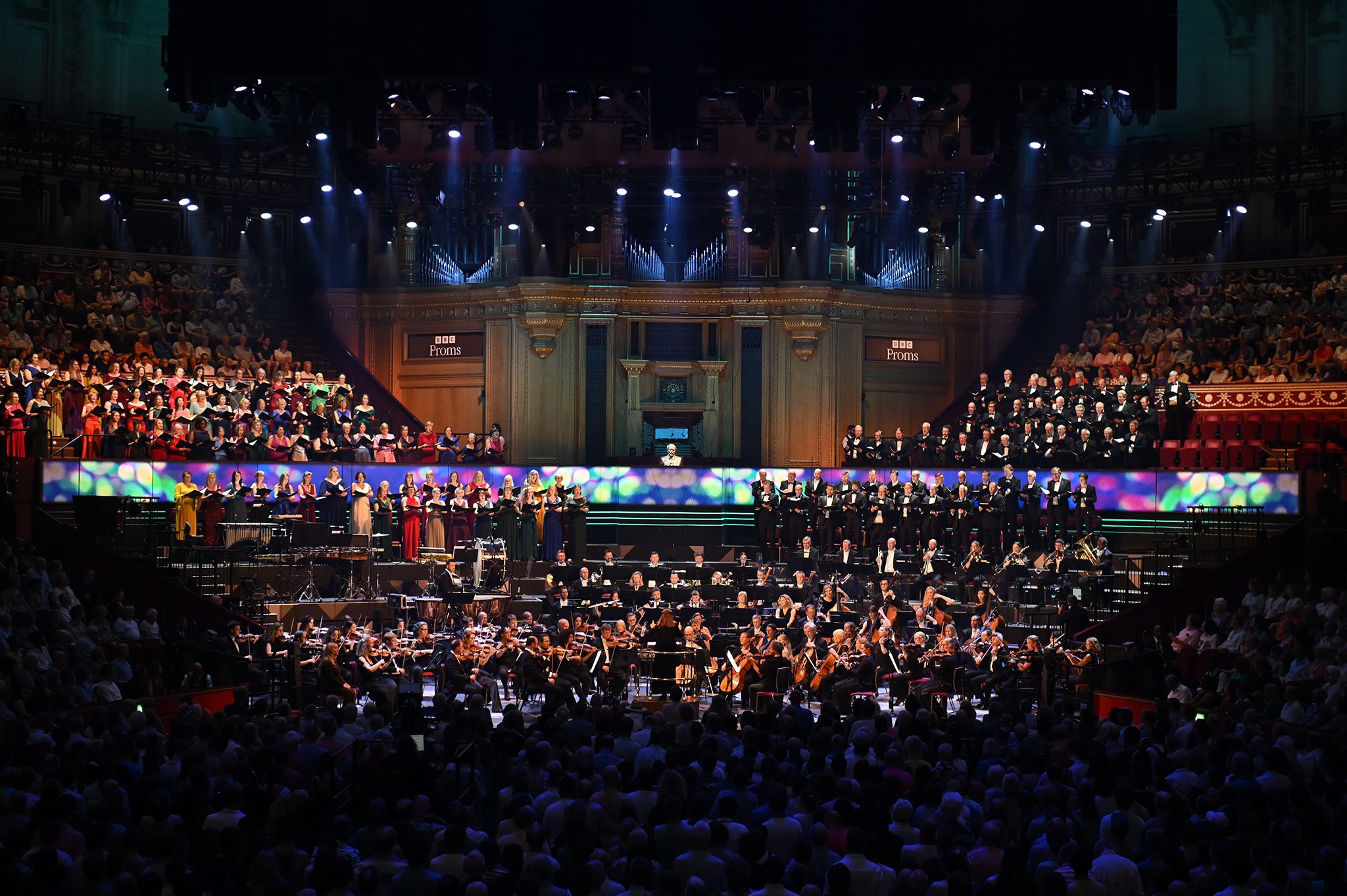It was a sort-of first night for Fairfield Halls on Wednesday 18 September.
After four years of refurbishment and one a few false starts, the doors were flung open and Croydon’s proud community gently passed through the public areas and took their seats for resident orchestra London Mozart Player’s triumphant return.
An interesting programme conducted by a selection of LMP’s roster of conductors, charting the past twenty years of the orchestra’s 70 year history. Differing conducting techniques brought out a fascinating range of responses from the hard-working chamber orchestra.
The new air-con didn’t work quite as everyone would have wished and the front of house procedure is in need of tightening up just a bit. Ushers on the doors to the auditorium would be a boon. Teething troubles, nothing more. And it’s worth noting, the Duke of Kent was running a little late too.
Prokofiev Classical
The opening Prokofiev Classical Symphony demonstrated how clear the Fairfield acoustic is. A bright sound from the strings in the first movement balanced with voluptuous clarinets and mid-range flutes. The strings settled into a warm rounded tone in the second movement march.
Mozart’s ‘Ch’io mi scordi di te?’ and ‘Zeffiretti, lusinghieri?’
Elizabeth Watts stood in for soprano Louise Alder at the last minute. My plus one (a rare thing for me) commented on how much she loved Watts’ voice. For me, there were moments when the soprano battled for prominence with the brass. Jane Glover’s baton technique however is joy to behold: graceful moves; a delightful bounce in her long frame; a precise beat mixed with a one or two gratrifying flourishes.
Alex Woolf’s commission – Fairfield Fanfare – was full of vim and vigour. Fun. Touching. A demanding play for such a small band, but a satisfying and a must-programme for any county youth orchestra whose conductor wants to please his or her students.
Beethoven 7
First movement started strong: a muscular sound topped with precision detail. Felt like we were listening to an entirely different orchestra – and a much bigger orchestra too. Gerard (a string player) makes them work hard. Nice. Second movement march had a resonant string sound, but was prompt. Possibly restless. Maybe even a hint of agitation about it. Third movement lost energy in places. The final movement saw sections competing; powerful brass in the fortissimos. Sometimes it felt like Gerard concentrates more on the strings than the brass. Missed out on the grinding bass at the conclusion of the movement.
Overall
Fairfield Halls (technically we should refer to the renamed concert as the Phoenix Concert Hall) is a rare thing. There’s an infectious democratic kind of atmosphere created by the audience. A real mix of people were in attendance to listen to an orchestra that has a vitality and warmth to it borne out of recent financial struggles. Considerable civic pride abounded. If we want to see an illustration of how classical music brings a community together, this would be a good place to start.



